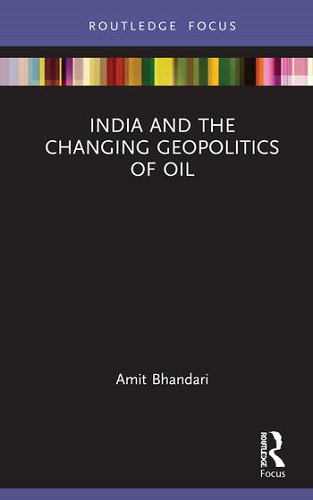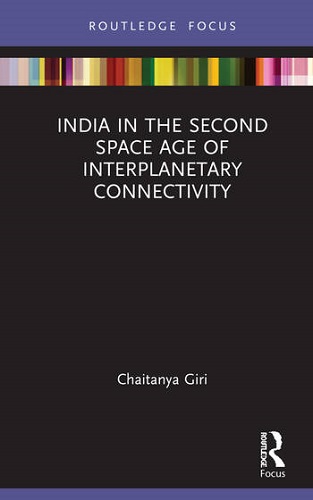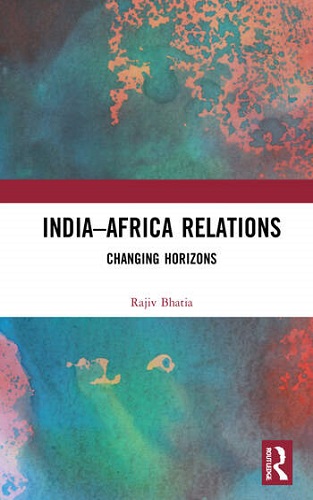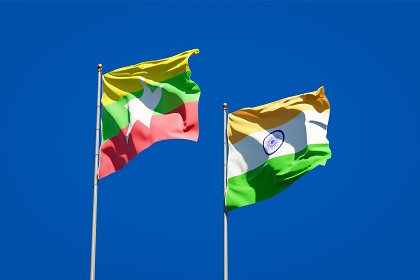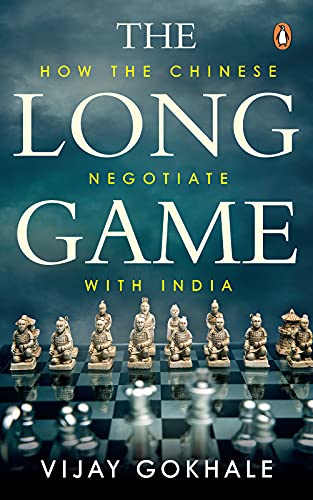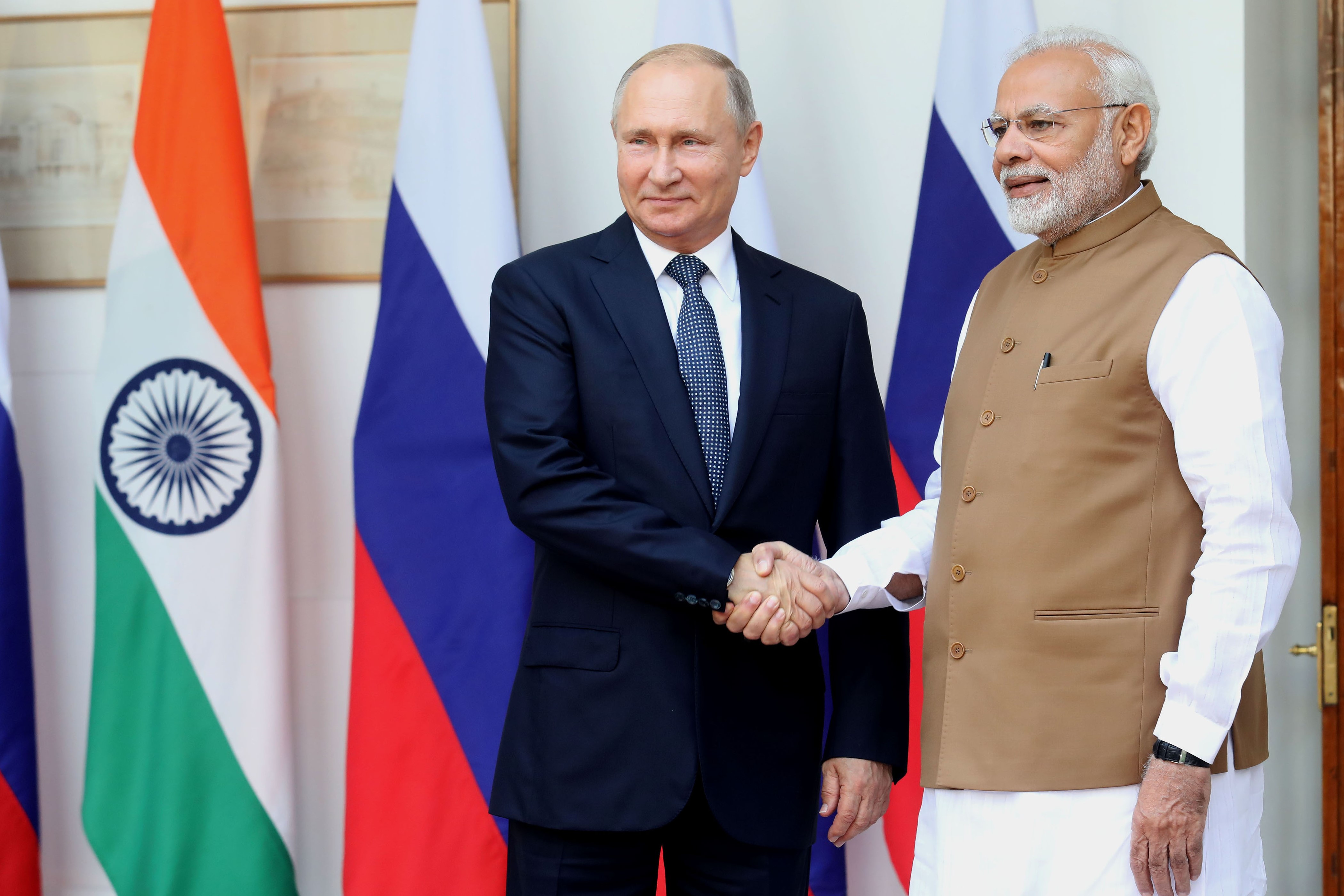India has a long-standing and unique relationship with Africa. However, China's presence and influence has resulted in geopolitical competition, with the two Asian nations vying to expand and deepen their engagement with Africa. Beijing's footprint is considerable, with a long-term strategic objective. To strengthen ties with the continent, New Delhi must match Beijing's ascendancy and lay down mutually beneficial goals.
The excerpt from this expansive book on Indo-African engagement examines the Chinese presence in Africa, African agency in external partnerships and the importance of recognising African needs to devise better policies by competing nations.


